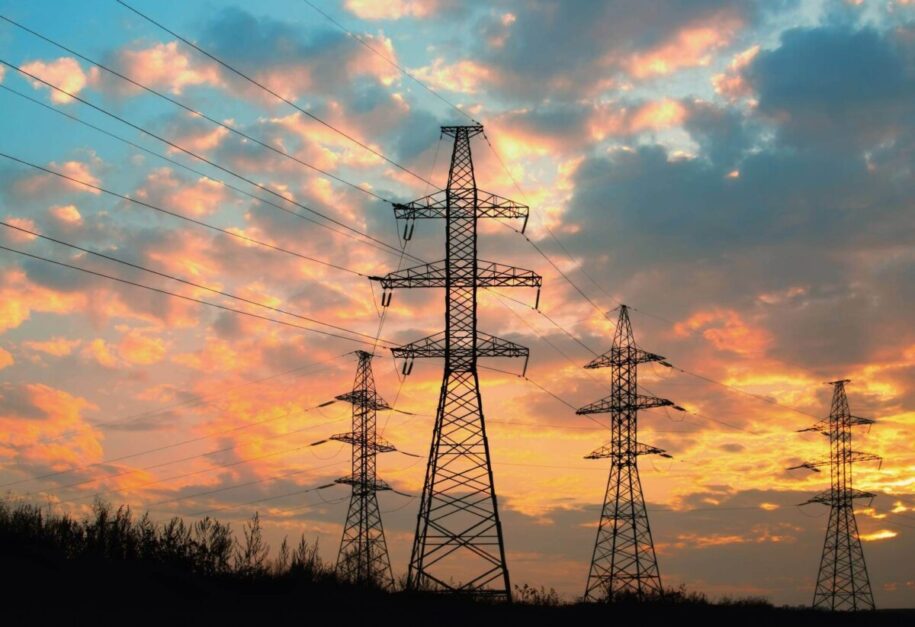Clean Energy Buyers Association Applauds U.S. Senate Committee’s Approval of Energy Permitting Reform Act

The Clean Energy Buyers Association (CEBA), representing more than 400 companies and organizations across the United States with more than $15 trillion in market capital, welcomed the U.S. Senate Energy and Natural Resources Committee’s bipartisan vote today to advance the Energy Permitting Reform Act of 2024 for further consideration.
“CEBA’s members are driving economic growth across the nation, and modernizing and expanding the U.S. power system is key to enabling them to continue to grow and innovate,” said Rich Powell, CEBA’s chief executive officer. “Streamlined and improved permitting will lower energy customer costs, improve grid reliability, and help meet the growing demand for electricity across the country. This will attract investment and manufacturing that advances our shared goals of creating jobs for American workers, protecting national security through grid resilience, fostering innovation, and growing the economy.”
The Energy Permitting Reform Act of 2024, released July 22 by U.S. Senators Joe Manchin (I-WV) and John Barrasso (R-WY), would shorten timelines for judicial review for energy and mining projects; reform existing backstop siting authority for interstate transmission lines; and require interregional transmission planning. The bill would also allocate costs only to customers that benefit, using a specified list of reliability and affordability benefits, and would prioritize use of existing rights-of-way and advanced conductors to lower impacts and costs.
The bill includes many of CEBA’s federal siting and permitting reform priorities and would advance customer efforts to procure clean energy that are helping drive a clean energy transition that benefits all. According to CEBA’s most recent Deal Tracker, commercial and industrial energy customers have voluntarily procured 77 gigawatts (GW) of clean energy since 2014. Recent rules from the Federal Energy Regulatory Commission (FERC) and actions from the U.S. Department of Energy are important steps toward creating a modern grid, but only Congress can make the deeper, legislative reforms that are ultimately needed.
